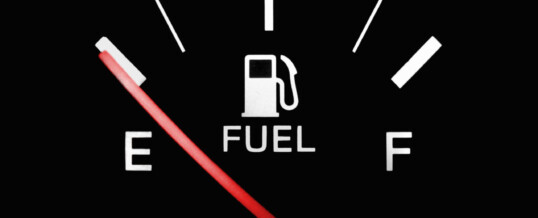
McLeod Group Blog, May 31, 2016
Canada wants to regain its international reputation. But we won’t get it back with a charm offensive. Canada needs to renew support for an effective UN, with a special focus on ways in which the UN Development System is financed.
Imagine running a company and having control over only 25% of your overall budget—your core funding. Imagine the rest being controlled by 30 large investors and a score of smaller ones, each pushing you into product lines of their own choosing. Worse, the product lines complicate achieving your strategy—a strategy they approved.
Imagine these investors sending their junior staff to be members of your board of directors. Imagine that they all want detailed reports on their own projects, written to their own specifications, and they want to send more of their staff on a regular basis to assess your performance in marketing the products they have imposed on you.
It would be a bit like Donald Trump investing in the Ford Motor Company, but only if Ford will produce an Edsel with the money, allow Ivanka to be on the board, agree that there will be special reporting for Trump alone, and that he can hold Ford accountable for the Edsels he discovers unsold in Idaho showrooms.
You might feel a little distracted from your core mission.
That is what it is like these days to lead a UN agency or one of many other multilateral development organizations.
The good news is that, according to a 2015 report by the UN Secretary General, overall funding for the UN is increasing, even though much of it is for humanitarian assistance, rather than getting at the root causes of human and environmental crises.
The bad news is that core funding is not going up and remains only a fraction of overall funding for development. In 2016, barely one sixth of the United Nations Development Programme’s budget is core funding. For the rest, staff members have to raise funds by appealing to the interests of donors.
UN agencies are supposed to be the global leaders in protecting the environment, leading development and eliminating poverty, creating food security, standards and safety for the world, for global health, human rights and for responding to a world in crisis. They’re not the playthings of their donors. UN and other multilateral agencies are, in fact, supposed to be an antidote to the fickle behaviour of individual donor countries. They are supposed to even out the funding peaks and valleys created by donor governments pursuing their own particular, and often narrow, agendas.
Yet donor governments are increasingly tying the hands of UN agencies by offering the majority of their financial contributions with excessive and frequently idiosyncratic restrictions based on national interests.
Canada is not the worst offender in this process. However, according to the Secretary General’s report, Canada devotes only about one third of its financing to core funding. So far, the Trudeau government has shown little interest in changing the system.
Here is a low-cost opportunity for Canada: encourage other donors to think deeply about how the UN Development System is financed and cut back—way back—on earmarked financing that prevents UN agencies from doing their jobs well.
Other reforms are required, but we will have more influence on those if we reform our own behaviour first.
